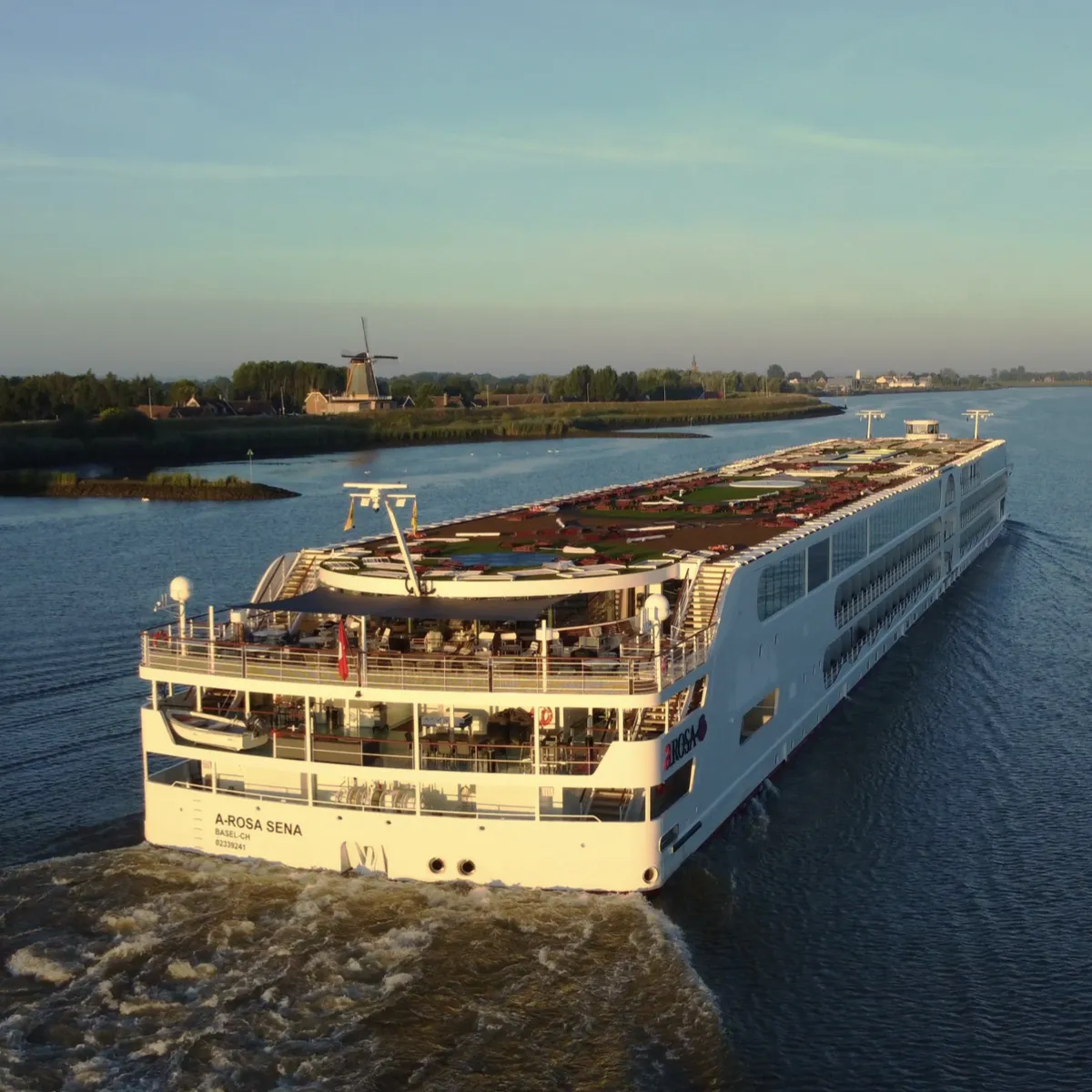
- English
- Nederlands

Highlighted Projects: Waste Heat Recovery Systems for Ships
On this page, you will find practical examples of successful implementations showcasing how waste heat recovery systems (WHRS) contribute to more sustainable and energy-efficient shipping.
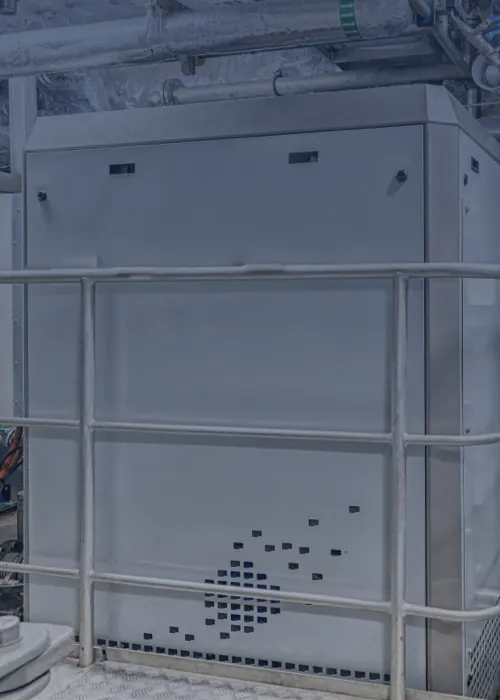
Highlighted Projects: Waste Heat Recovery Systems for Ships
Waste heat recovery systems (WHRS) are innovative and efficient solutions that convert waste heat into electrical energy, contributing to a more sustainable and energy-efficient maritime industry. These advanced systems are suitable for various ship types, from newbuilds to existing vessels, and offer significant benefits for sea and coastal vessels, offshore installation ships, Rhine passenger ships, and coupled inland vessels. The effectiveness of waste heat recovery technology depends on factors such as sailing profile, operational hours, and installed propulsion power. On this page, you will find practical examples of successful implementations of waste heat recovery systems in the shipping sector.
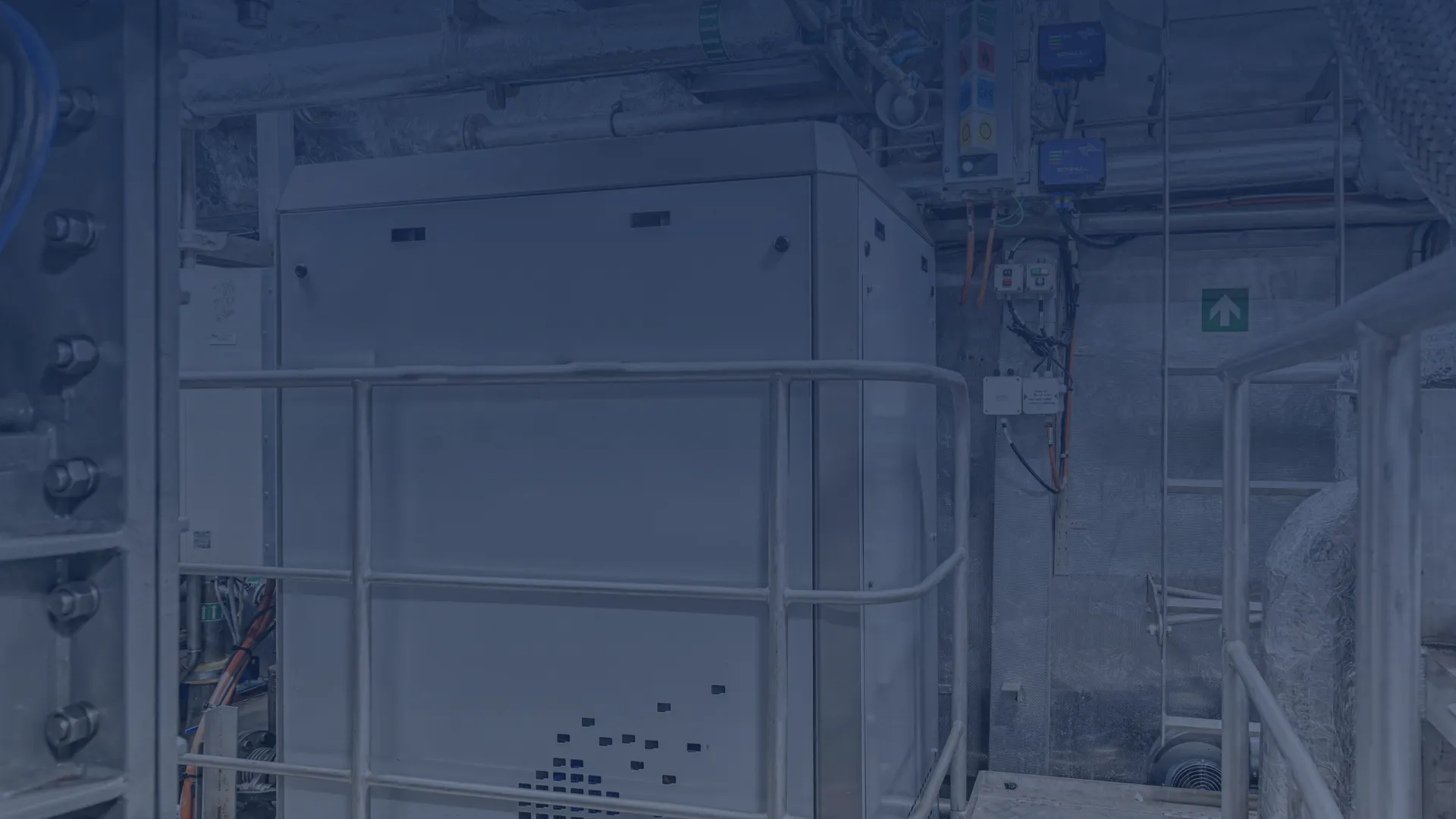
Introduction
Coastal Vessel Converts Waste Heat into Electricity
This innovative coastal vessel demonstrates how waste heat can be efficiently converted into electricity using a waste heat recovery system. The ship not only reduces CO2 emissions but also achieves significant savings on operational costs. With a flexible design and the ability to operate on biofuels, it is well-prepared for complex logistical challenges. This project illustrates how energy efficiency and environmental responsibility go hand in hand in modern coastal shipping.
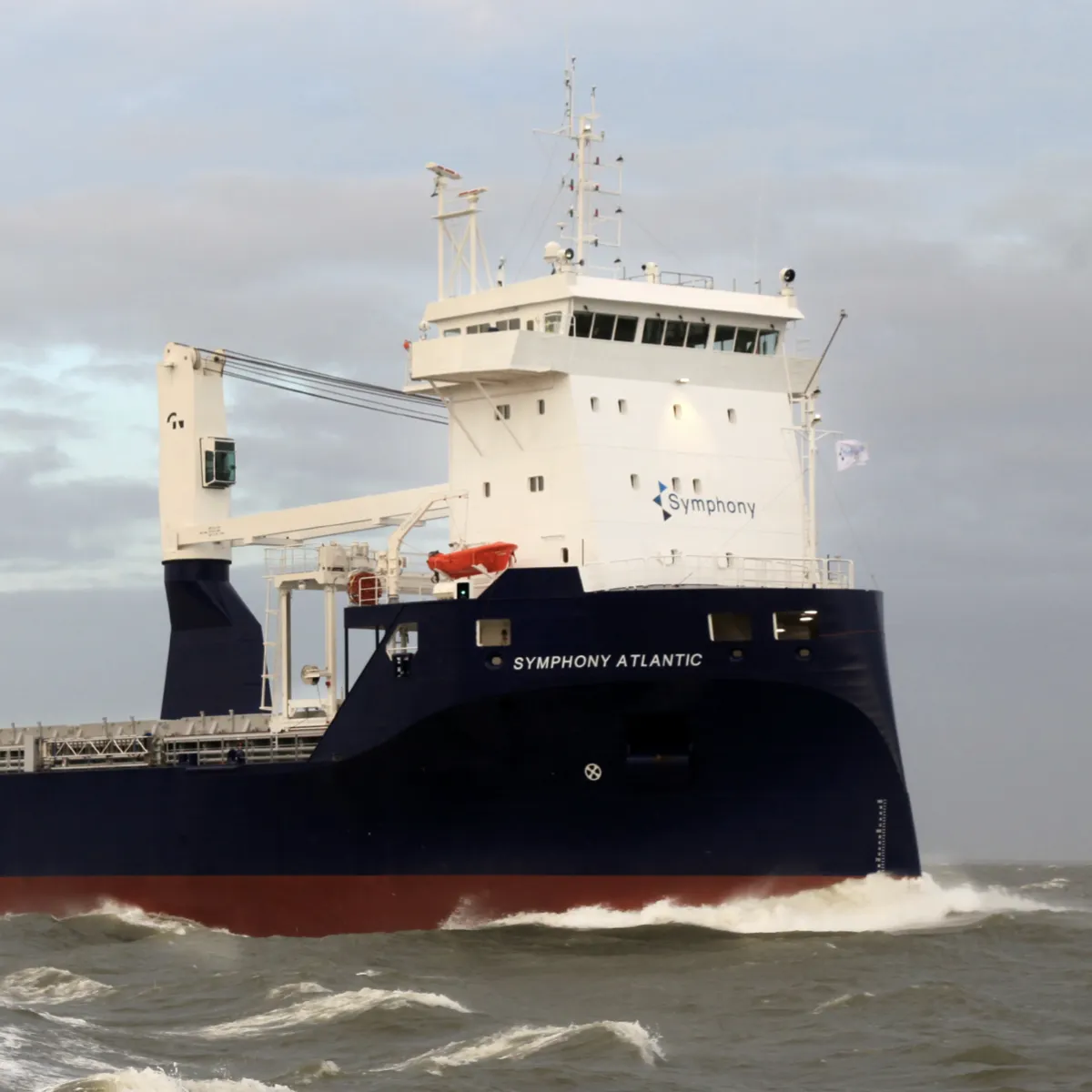
Waste Heat Recovery Systems on a Wind Turbine Installation Vessel
A state-of-the-art wind turbine installation vessel, designed for the offshore wind sector, demonstrates how waste heat recovery enhances the sustainability of the maritime industry. The ship is equipped with eight waste heat recovery systems based on Organic Rankine Cycle (ORC) technology, which convert waste heat into usable electricity for onboard systems and operational processes. In addition to the efficient utilization of waste heat, the vessel features innovative solutions such as dual-fuel engines and a modular design, setting a new benchmark for sustainable offshore innovation.
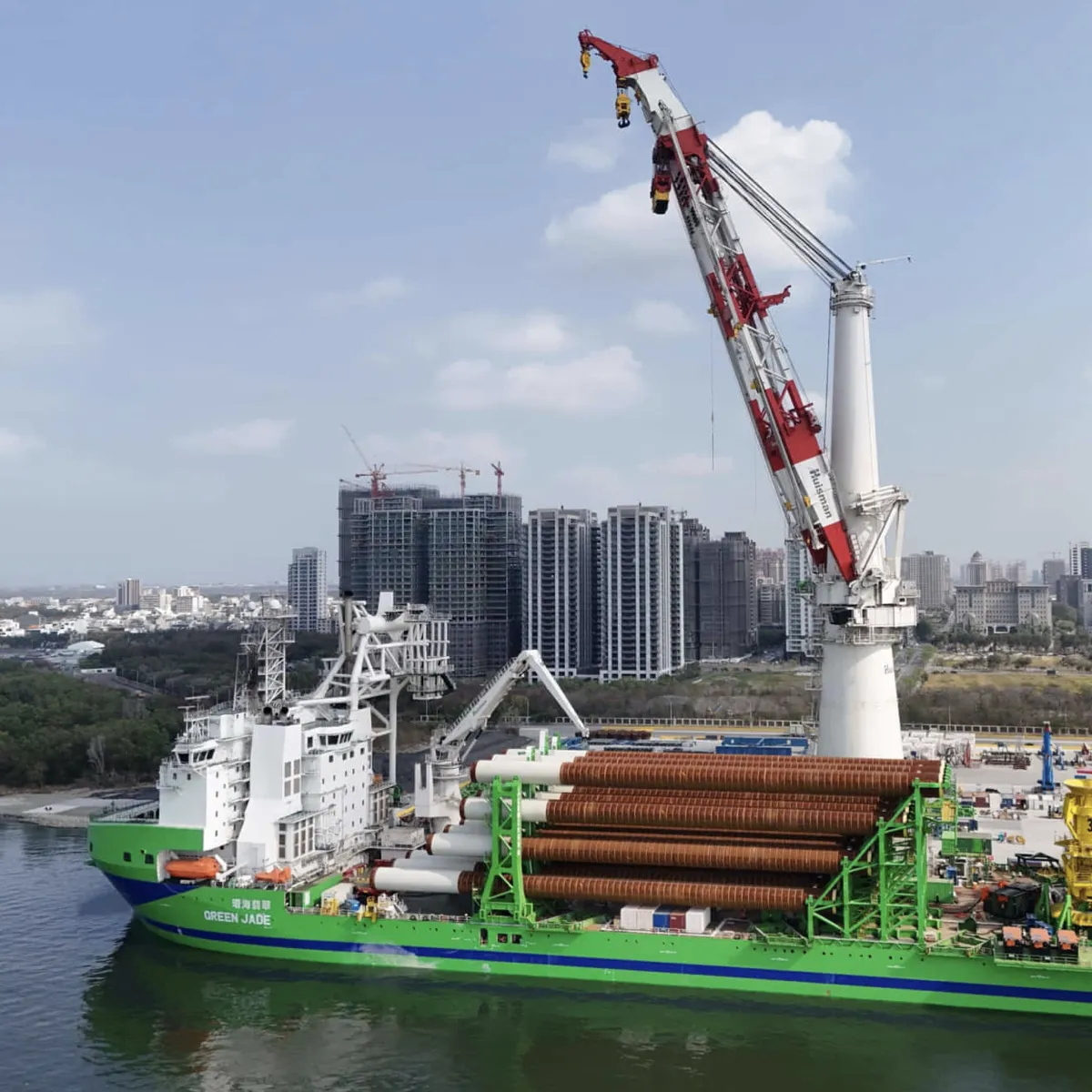
Coupled Inland Vessel with Sustainable Technologies
A 172-meter-long coupled inland vessel demonstrates how technological innovations are making inland shipping cleaner and more efficient. Equipped with a waste heat recovery system, this vessel significantly reduces its environmental impact while lowering fuel costs. Additionally, the ship features advanced solutions such as optimized propellers and rudders, as well as engines with exhaust gas after-treatment, including SCR catalysts and particulate filters. These technologies not only enhance sustainability but also improve operational efficiency, making this project an inspiring example for the future of inland shipping.
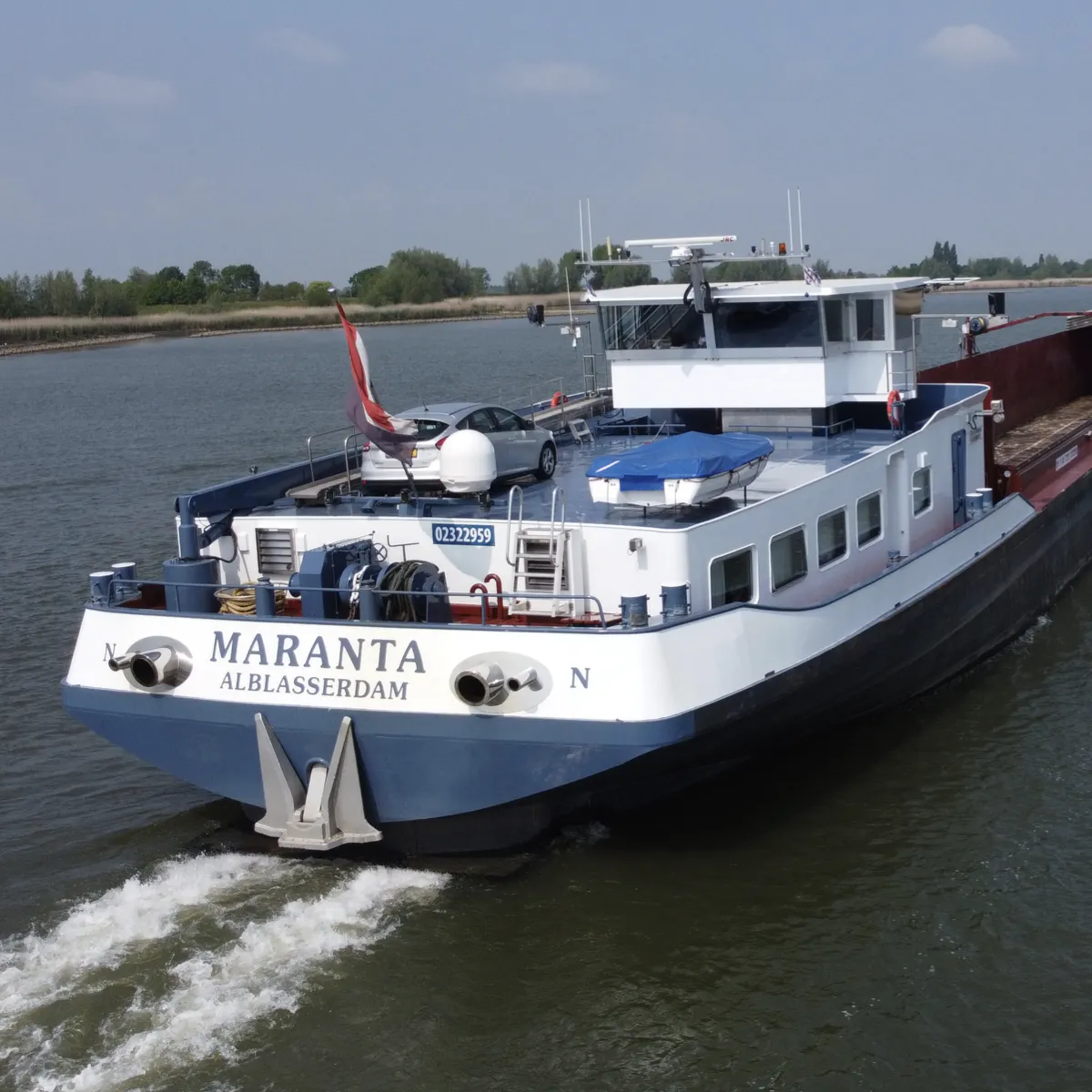
Eco-Friendly River Cruising with Waste Heat Recovery
A Rhine passenger vessel sets new standards for climate-friendly river cruises with an advanced waste heat recovery system. This innovative system converts waste heat into electricity, which is stored in batteries and used for onboard systems and propulsion. By minimizing energy loss and significantly increasing operational efficiency, this vessel demonstrates how sustainable technologies contribute to eco-friendly ship designs and a greener future for river cruising.
